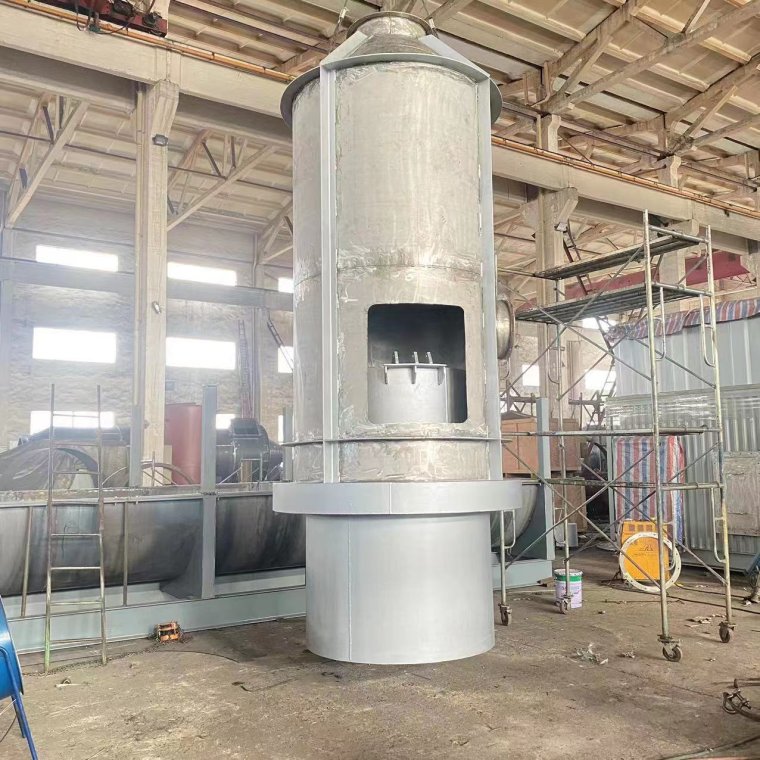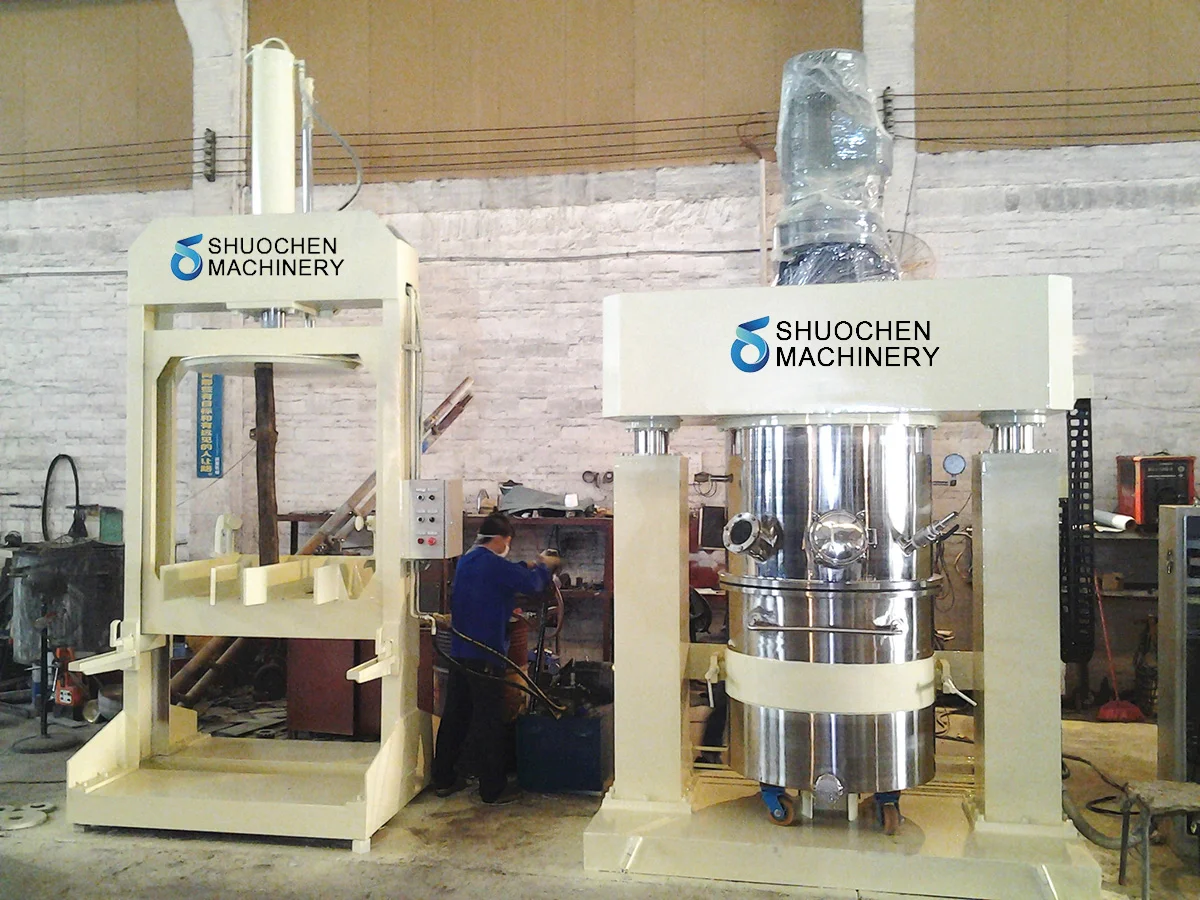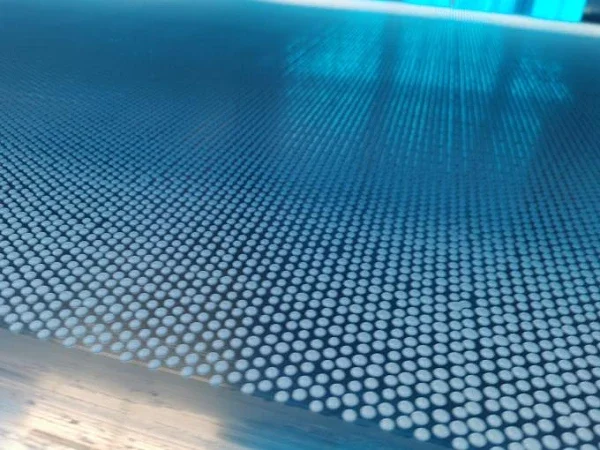The quenching tower is a critical component in incineration systems, designed to rapidly cool high-temperature flue gases to prevent the formation of harmful pollutants and protect downstream equipment. Proper maintenance of the quenching tower is essential to ensure the efficiency, safety, and longevity of the entire incineration system. In this article, we’ll explore best practices for maintaining quenching towers and highlight how Airali Environmental Protection Technology contributes to advancing environmental sustainability through high-quality incineration and pollution control solutions.

1. Regular Inspection and Preventive Maintenance
One of the most effective ways to extend the lifespan of a quenching tower is through routine inspections and preventive maintenance. Key components, such as spray nozzles, pumps, and cooling systems, should be checked regularly to detect early signs of wear, blockages, or corrosion.
Airali Environmental Protection Technology, a leader in the design and manufacturing of incineration and pollution control equipment, emphasizes the importance of preventive maintenance in minimizing downtime and ensuring optimal system performance. By addressing potential issues early, operators can avoid costly repairs and unplanned shutdowns.
2. Monitor Water Quality and Treatment
Water quality plays a crucial role in maintaining the efficiency of a quenching tower. Poor water quality can lead to scaling, fouling, and corrosion, which can reduce cooling efficiency and damage internal components. Implementing a water treatment program, including pH adjustment, filtration, and anti-scaling measures, is essential for preventing these issues.
Airali’s expertise in environmental protection technology includes the development of advanced heat recovery and cooling systems designed to minimize water-related problems and improve overall system reliability.
3. Optimize Spray Nozzle Performance
The spray nozzles in a quenching tower are responsible for distributing water evenly and ensuring effective cooling of the flue gases. Over time, nozzles may become clogged or worn, leading to uneven cooling and reduced efficiency. Regular cleaning and replacement of nozzles, as well as adjusting spray patterns to match operational requirements, can enhance cooling performance and prevent overheating.
Airali Environmental Protection Technology integrates high-performance nozzles and cooling technologies into their incineration systems to ensure efficient gas cooling and pollutant control in industrial applications.
4. Address Corrosion and Material Degradation
Due to exposure to high temperatures, acidic gases, and moisture, quenching towers are prone to corrosion and material degradation. Selecting corrosion-resistant materials, applying protective coatings, and conducting periodic inspections to assess structural integrity can help mitigate these risks.
Airali’s incineration products, including rotary kiln incinerators, solid waste incinerators, and waste gas incinerators, are designed with robust materials and engineering to withstand harsh operating conditions and ensure long-term durability.
5. Implement Effective Waste and Pollution Control
The primary function of the quenching tower is to cool and clean flue gases before they enter pollution control systems such as bag filters, scrubbers, or electrostatic precipitators. Ensuring that the quenching process effectively reduces gas temperature and removes particulate matter is essential for compliance with environmental regulations and maintaining air quality.
Airali Environmental Protection Technology specializes in comprehensive waste management and pollution control solutions, offering incinerators and waste gas treatment systems designed to minimize harmful emissions and enhance environmental sustainability.
Conclusion: Ensuring Long-Term Performance and Sustainability
Proper maintenance of quenching towers is vital for the safe, efficient, and environmentally compliant operation of incineration systems. By following best practices such as regular inspections, water quality management, and corrosion prevention, operators can maximize the performance and longevity of their equipment.
Airali Environmental Protection Technology, with its extensive expertise in designing, manufacturing, and installing incineration and pollution control equipment, plays a key role in helping industries address waste management challenges and achieve long-term operational efficiency. Whether you are managing hazardous waste, medical waste, or organic waste gases, Airali’s advanced solutions can help you optimize system performance and contribute to a cleaner, greener future.
www.wxallhb.com
Wuxi Ailali Environmental Protection Technology Co., Ltd.






+ There are no comments
Add yours